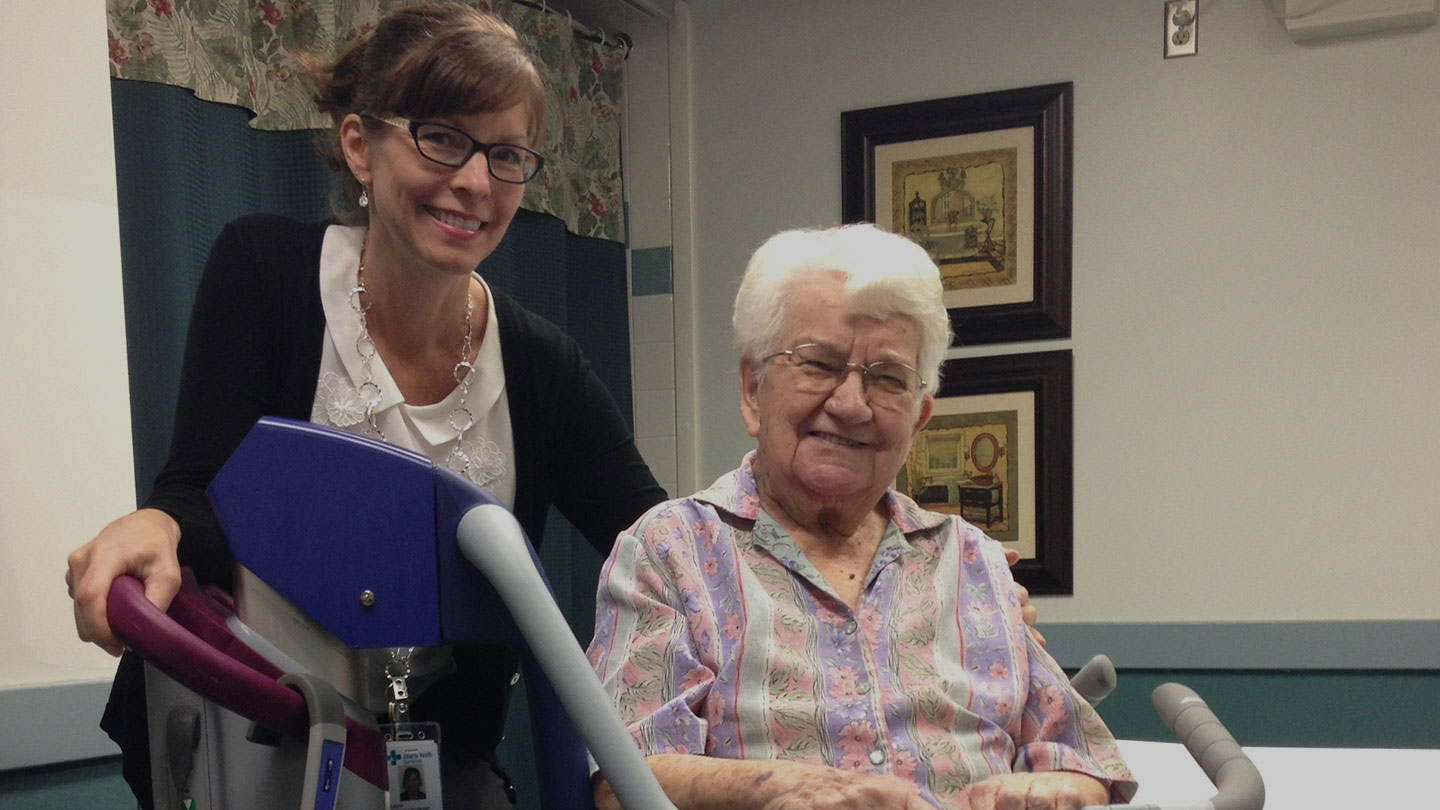
Advisory councils help bring the voice of Alberta’s communities to healthcare services. Community input allows us to better address the health needs of Albertans and brings decision-making to the local level. AHS is committed to engaging the public in a respectful, open and accountable manner to support our strategic directions. AHS has established the following councils to support ongoing collaboration and engagement. In 2016-17, more than 80 new volunteer members were added to the councils, with a total of over 190 members on these councils.
Health Advisory Councils (HACs) engage members of the public in communities throughout Alberta and provide advice and feedback from a local perspective on what is working well in the healthcare system and where there are areas in need of improvement. Each of the 12 HACs was established in 2009-10 and represents a different geographical area within the province. The HACs report to the AHS Board Chair.
Wisdom Council provides guidance and recommendations to ensure AHS develops and implements culturally appropriate and innovative health service delivery for Indigenous Peoples. It is comprised of Indigenous People who provide their time on the council. Their backgrounds are wide-ranging, including traditional knowledge-holders (ceremonial leaders), contemporary trained physicians, nursing professionals and health consultants, all equally important when discussing challenges to inform AHS on Indigenous health and well-being.
Provincial Advisory Council on Addiction and Mental Health advises AHS on programs and services for provincewide addiction and mental health treatment. Its members provide evidence-based suggestions that improve quality of services and patient satisfaction through effective service planning.
Provincial Advisory Council on Cancer advises AHS on programs and service for provincewide cancer care. Its members provide evidence-based suggestions on prevention and screening, diagnosis, treatment and care, and research.
Alberta Clinician Council is an organization-wide forum comprised of front-line clinicians from a variety of disciplines and zones. Applying their collective knowledge, experience and expertise, the council advises senior leadership on issues and opportunities to improve quality, access and patient safety across Alberta.
Patient and Family Advisory Group continues to be an important avenue for bringing patient and family voices into AHS. The group partners with senior leaders to review policy and strategies and share insights from patients’ perspectives for the planning and delivery of healthcare services. In 2016-17, this group consulted and advised on a number of organizational priorities such as the AHS vision, medical assistance in dying, family presence and visitation, and the clinical information system. For more information, refer to the Patient and Family Advisory Group Annual Report.
Patient Engagement Reference Group brings together Strategic Clinical Network (SCN) patient and family advisors and Patient and Community Engagement Researchers (PaCERs). Members ensure patients’ voices are heard and incorporated in the SCNs by sitting on committees and contributing to projects with leadership, researchers, healthcare providers and decision-makers. The group meets quarterly to provide an opportunity for consultation with a larger group of advisors and PaCERs. Meetings also consist of updates, networking opportunities, specific advisor learning and promoting partnerships between advisors and SCN leaders.
The creation of a Provincial Advisory Council for Seniors and Continuing Care was approved by AHS Executive Leadership Team in August 2016. The Terms of Reference and Bylaws have been developed and are pending approval.